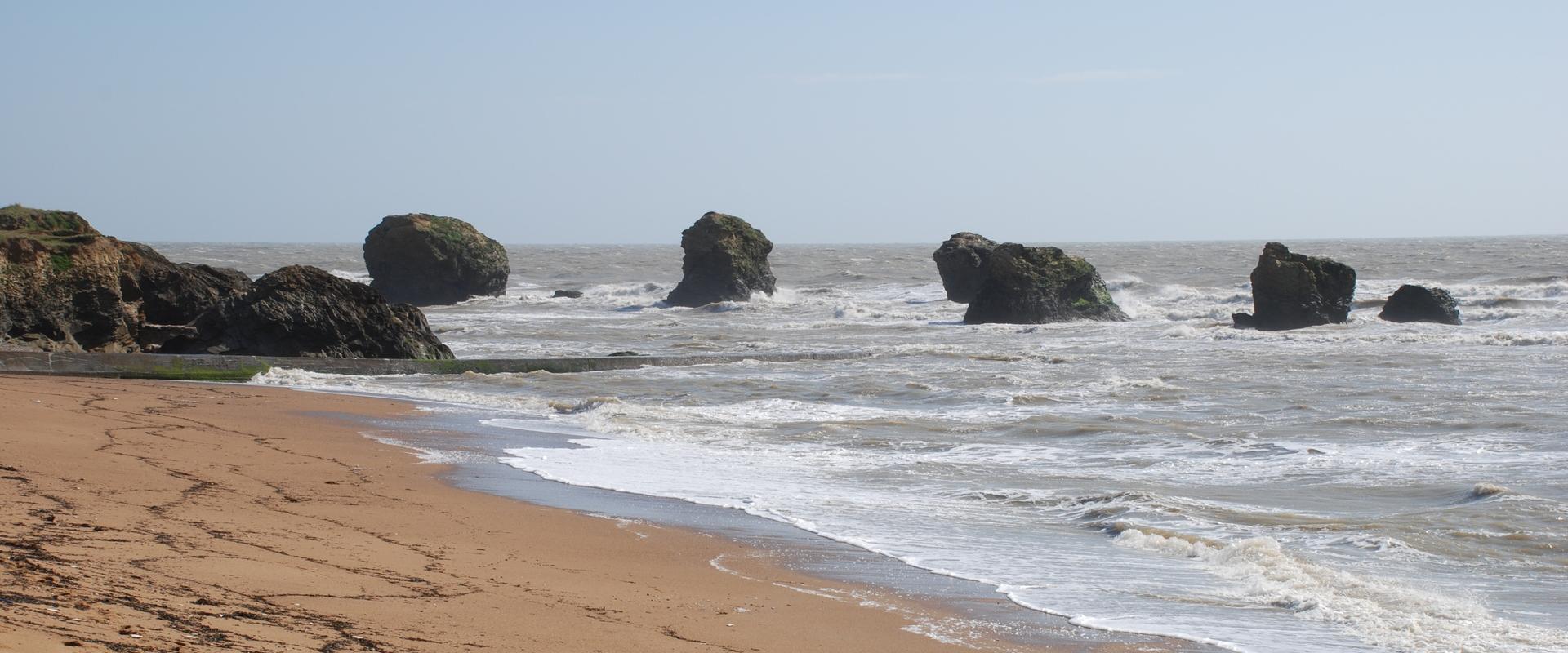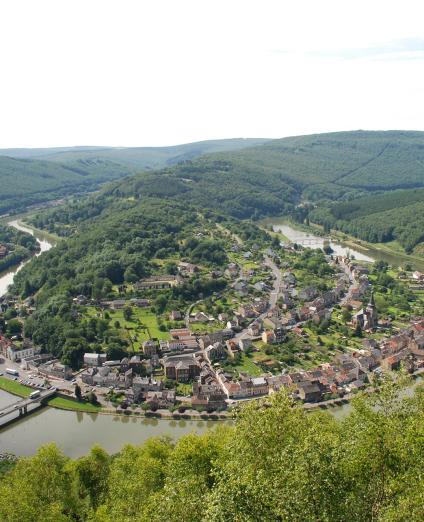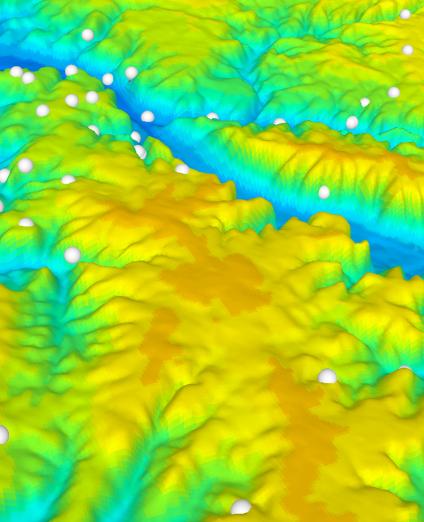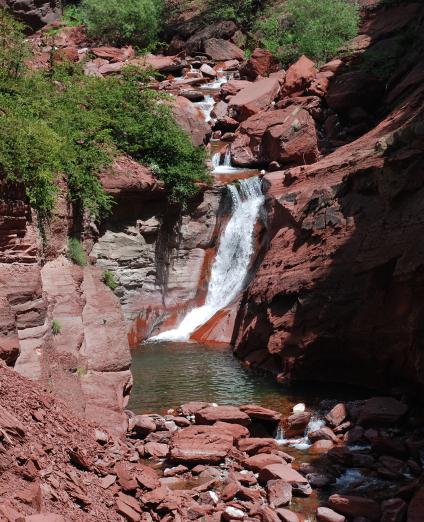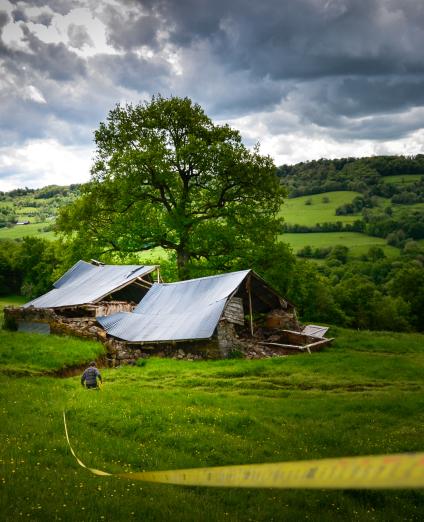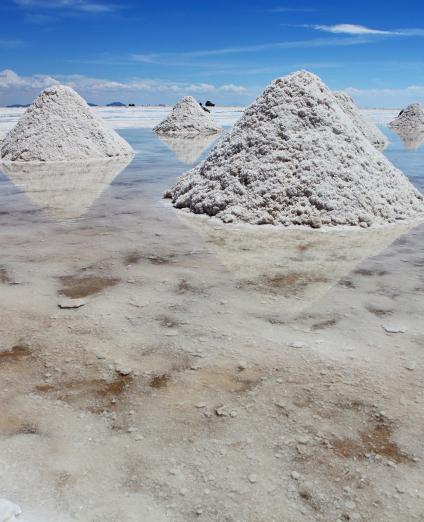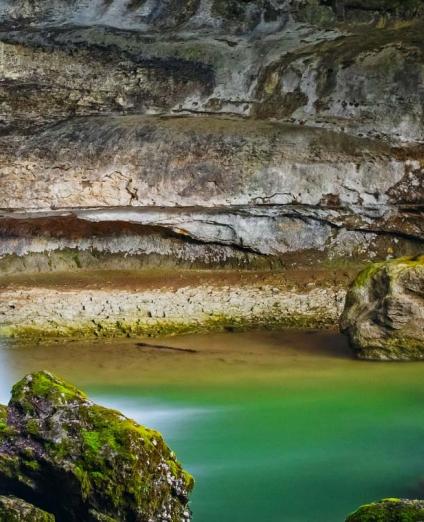As a public institution for research and expert studies, BRGM contributes to the dialogue between science and society in its different fields.
Establishing a dialogue with civil society representatives in the French regions
BRGM's regional representatives organise meetings with representatives of civil society groups to discuss regional environmental questions relating to BRGM's areas of expertise and on which papers and articles have been published.
These meetings provide opportunities for open and constructive discussions. They stimulate exchanges of knowledge - or of knowledge "gaps” - questions from all parties and the expression of their expectations, while observing the ethical principles that guarantee transparency and trust and preserve the independent judgement of all concerned.
Summary of the meeting held in Nantes on 30 August 2016
Topic on the agenda
Groundwater resources in the Loire-Atlantique and using them sustainably
Date and venue
Tuesday, 30 August 2016 at BRGM's Pays de la Loire Regional Division in Nantes (44).
Agenda
- Presentation of BRGM's work on groundwater resources in the Loire-Atlantique area
- Round table sharing of participants’ expectations
- Discussion on the topic and the stakes for the region.
Participants
12 participants, respectively from the following organisations:
- Permanent Centre for Environmental Initiatives (CPIE) - Logne and Grand-Lieu;
- France Nature Environnement (FNE) for the Pays de la Loire;
- Bretagne vivante (Society for the Study and Protection of Nature - SEPNB);
- Union of Associations for the Protection of Nature, the Environment and Quality of Life in the Loire-Atlantique département (UDPN 44);
- Association des citoyens opposés à la carrière de trop (civil society group opposing new quarries) (Quilly municipality);
- Sauvegarde de l’Anjou;
- National Movement for Protection of the Environment (MNLE), Pays de la Loire;
- Nantes Development Council;
- League for the Protection of Birds (LPO) for the Loire-Atlantique.
Participants' expectations and questions, discussions
What is the impact of saline intrusion on the quality of available drinking water?
BRGM is not currently taking salinity measurements in the catchment areas of the Loire-Atlantique region.
Is BRGM studying the impact of climate change on groundwater recharge?
Yes, on the scale of large catchment basins; additional work would be required to address this on a local scale.
What is the impact of abstraction for irrigation on groundwater resources in winter and summer? Is BRGM monitoring this?
Yes, BRGM is involved in SAGE implementation on the scale of entire or partial catchment basins.
Is the impact of drainage accentuated by climate change?
To date, there have been no studies on the influence of climate change on agricultural drainage at the département scale.
What is BRGM's role in opening up quarries?
Applications are examined by the relevant government agency, which may call on BRGM to bring specific expertise to bear on the application.
Has BRGM responded to questions from the government on water abstraction in winter?
No, not in the Pays de la Loire but it has done so in Poitou-Charentes.
Is BRGM involved in harbour dredging?
No, BRGM's Pays de la Loire Regional Division does not intervene directly.
What is the solution for dealing with rust in the water?
The water needs to be oxygenated to precipitate the iron.
Is BRGM involved in monitoring seismicity in our region?
No, BRGM's Pays de la Loire Regional Division is not directly involved in monitoring (there are national networks), but it does help the public authorities to communicate on these issues.
A CPIE representative expressed expectations regarding the vulnerability of groundwater and the subsurface in Loire Atlantique, especially its priority catchment areas, communication to the general public, the vulnerability of water resources in Loire-Atlantique and raising awareness among local residents. He expressed his interest in developing a CPIE-BRGM partnership on these matters.
A representative of FNE noted that there is a need to educate the public and decision-makers on the basics concerning aquifers, water tables, wells and herbicides, groundwater recharge times, etc.
How many hydrogeologists work for BRGM's Pays de la Loire Regional Division?
Two hydrogeologists and two chemists.
What is the proportion of commercial activity undertaken by BRGM's Pays de la Loire Regional Division?
The Pays de la Loire Regional Division's commercial activities account for 1% of its total activities.
What studies are currently under way at BRGM's Pays de la Loire Regional Division?
- Geology: geological heritage in the Pays de la Loire for the DREAL.
- Mineral resources: quarry plans for the DREAL;
- Geothermal energy: study in Anjou.
- Water: heritage groundwater monitoring network in the region, monitoring of drinking water (AEP) catchments in the Maine-et-Loire.
- Post-mining: What is BRGM's position on Variscan?
- Variscan is a private company, which is totally independent from BRGM.
- Risks: old slate quarries, coastal risks, communication on the earthquake plan and support to the Prefecture concerning ground instability.
- Environment: A participant mentioned the major work being carried out on former industrial sites and wondered about the risks of polluting groundwater. He emphasised the need for representatives of local residents to have independent expertise to enlighten them on these issues. BRGM does R&D work to develop tools for identifying pollution and assessing the materials industries concerned, drawing on its own analytical capabilities for specific analyses in its laboratories in Orléans.
Which of these topics is of particular concern to BRGM?
Groundwater is a topic of concern, particularly to dispel misconceptions, such as the idea that there is no groundwater in the bedrock zone and that water can be pumped from the Loire.
A participant asked about the prioritization of risks in the region
After the issue of water resources, there were questions about water quality and its long-term evolution.
Are the results of BRGM's work and studies made public?
Studies and research funded by government grants to BRGM public service activities are available on the BRGM website.

